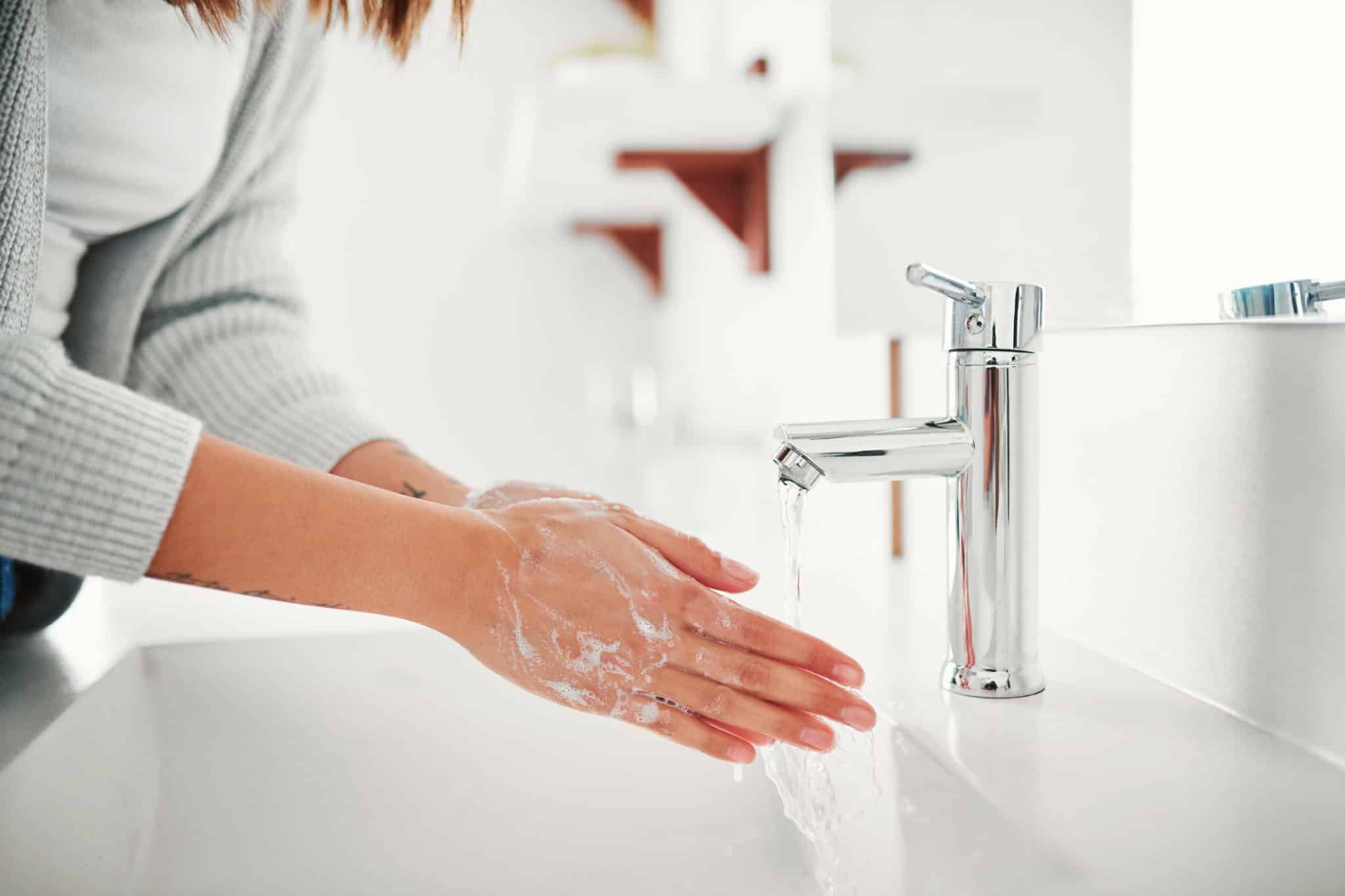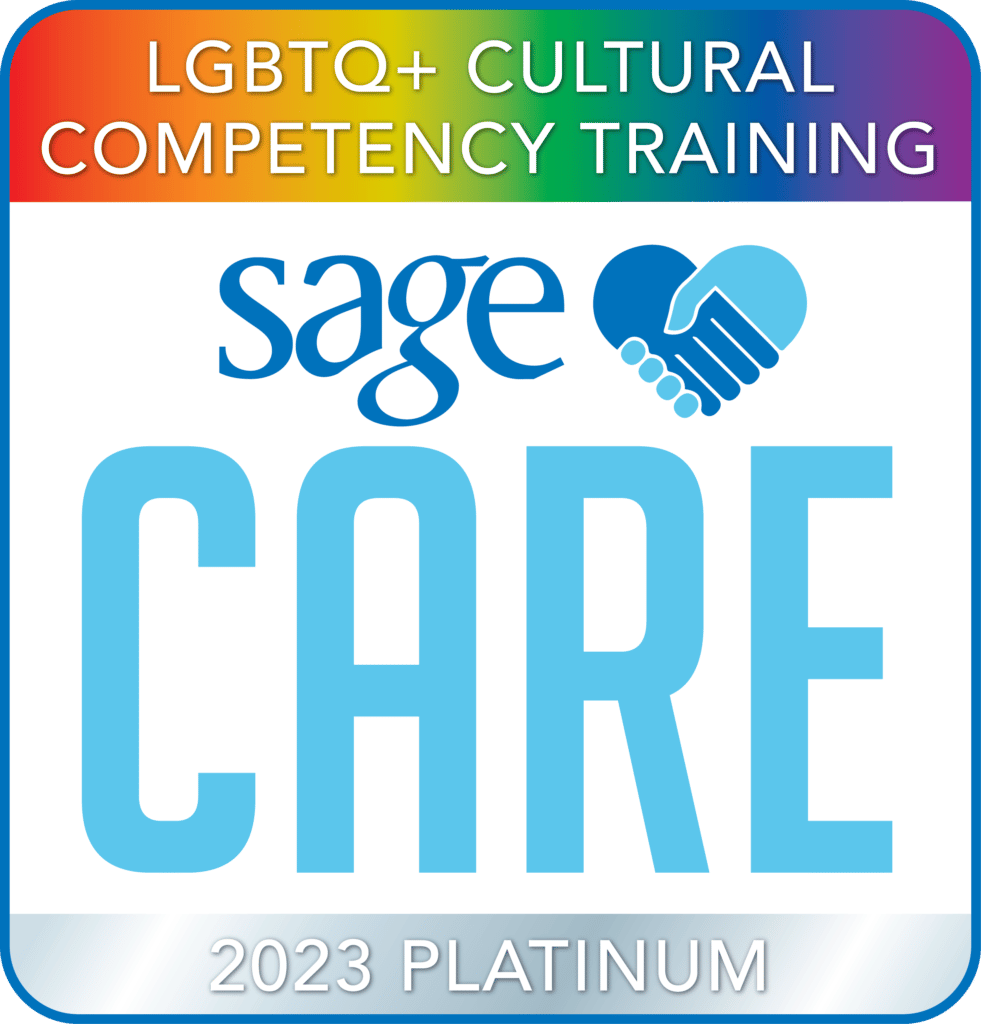How to Care for Seniors Without Putting Them at Risk

COVID-19 (the novel coronavirus) poses a high risk for anyone over the age of 60. With weakened immune systems and often coping with underlying conditions, it is important to know how to provide the care your loved one needs without increasing their risks of contracting this deadly virus. Here are some insights from our senior home care services team.
Implement Basic Precautions
The Centers for Disease Control and Prevention (CDC) have a useful guide that covers all the basics of social and physical distancing. This should form the basis of how you take precautions against the coronavirus, reducing your risk of contracting the virus and spreading it to your senior loved one.
In addition to this, you should follow a checklist of precautions when caring for your loved one. This includes:
- Washing your hands frequently and thoroughly before and after caregiving.
- Wearing a KN95, K95 or 3-ply cotton mask while performing caregiving duties.
- Staying away from others, especially vulnerable seniors if you detect any symptoms of the virus or have been in contact with anyone ill.
Creating an everyday routine that incorporates these measures into your caregiving is a critical part of protecting those at risk, as well as yourself.
Have a Plan in Place
What happens if you contract COVID-19 and you have to go into hospital or self-quarantine? Who will care for your loved one under these circumstances?
This is a valid concern for many family caregivers, and it is essential to have a plan in place for this possibility. Start by assigning other family members who may be able to take over your role, giving them detailed information on what your loved one needs on a daily basis, how to perform these duties, and measures they need to take to prevent your loved one from contracting COVID-19. Take the time to write down everything they may need in a binder, including doctor’s information, medications and more.
At UMC HomeWorks, our health care heroes are also up to this challenge and may represent a better option. Our certified home health aides are professionals, well stocked with personal protective equipment, and trained in the latest science based understanding of how to protect themselves and their clients from transmitting the virus.
Additionally, our associates are fully trained in senior assistance and nursing care, and can inform you about all the processes they have in place to prevent the spread of COVID-19.
What About Annual Checkups and Appointments?
It’s best to avoid doctors’ offices and hospitals if at all possible, and only visit if it is something serious. Every healthcare provider has protocols in place. If you are unsure of whether you should bring your loved one to an appointment, it’s best to contact them directly.
Your doctor or healthcare professional may recommend a quality telehealth service to assist you. Some healthcare professionals and therapists may be doing house calls for certain cases, while others will advise you to stay home and will keep you updated as the situation changes.
Get Creative with Social Activities
For seniors, social life is a critical part of their health and wellbeing. While the COVID-19 pandemic has disrupted life in unprecedented ways, there are strategies you can use to help keep your loved one active yet safe as part of your caregiving role.
- Telephone calls – The good, old-fashioned telephone call is back! Set up a schedule with your family to call and check in with your loved one on different days. Although you may do this already, it’s a good idea to make this more frequent while seniors are in isolation.
- Skype or Zoom together – These two video conferencing apps are used primarily for business meetings but are fantastic for group social calls! They are really easy to use and can be set up on a laptop, computer or smartphone.
If your loved one is not comfortable with technology, you can have a family video meeting while you are there. Just remember to sanitize your device! If your loved one is hearing impaired, Skype has a translator app that converts speech to text, while Zoom has an accessibility feature that displays text captions on the screen. - Get active – Physical activity is essential for the mind and body, keeping immune systems strong and fighting off anxiety, stress, and depression. While it’s a challenge to stay active while protecting at-risk seniors, you can manage it if you get creative. Some senior fitness specialists offer online classes you can stream over the internet and do together and, with spring arriving, gardening is also a good option.
It’s not just about physical fitness either, so think about craft options your loved one may enjoy. New knitting projects, setting them up with audiobooks, enjoying free online museum and art gallery tours, and even watching theatre productions free online are all great options for at-risk seniors!
Compassionate, COVID-19 Aware At Home Care for Elderly in NJ
As one of New Jersey’s leading home health aide agencies, we are committed to providing seniors with exceptional daily care services that follow COVID-19 best practices. Our fully trained home health aides follow protocols that help reduce the risks of infection among vulnerable seniors, taking every precaution to protect the health of your loved one.
For more information on at home care for older adults, please contact us today or visit our website at https://umcommunities.org/homeworks/elderly-home-health-care-nj/






